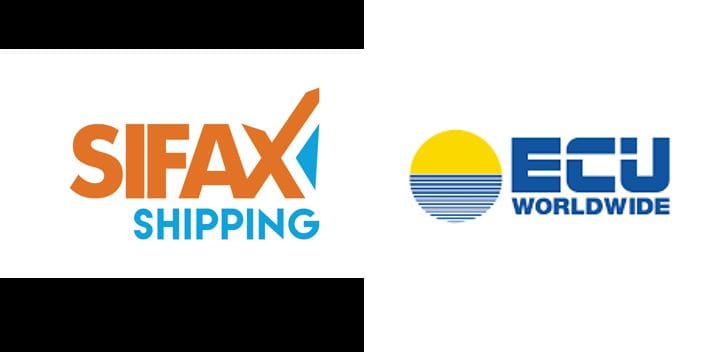Aviation regulatory agencies and key service providers are in dire straits over a monthly overhead estimated in excess of N6 billion.
Without revenue in the last one month due to lockdown, sustaining the huge operational cost and keeping the critical facilities serviceable are already posing a major challenge to the parastatals.
Worst hit is the Federal Airports Authority of Nigeria (FAAN) that has the largest workforce running into thousands and spread across all the 22 gateways nationwide.
With almost nothing generated in revenue in the past four weeks, FAAN would need government’s lifeline to defray its N4 billion monthly overhead.
Some stakeholders, apparently worried about the survival of the industry, have called on the Federal Government to support the airlines and agencies to stay afloat. Others, however, disagreed, saying government should assist only the agencies since the airlines are private concerns.
The President Muhammadu Buhari administration three weeks ago restricted flights and temporarily shut down the airports as part of measures to contain the spread of the novel coronavirus.
The Minister of Aviation, Hadi Sirika, last week extended the lockdown by two weeks.
The major fall-out was the grounding of about 120 domestic aircraft nationwide. About eight airlines, albeit struggling, have further sunk into financial distress with no revenue to pay leases, service providers and other creditors.
Lately, almost all the airlines have sent over 80 per cent of workers on leave without pay, while the rest were made to put up with pay cuts.
Sources at the Ministry of Aviation and its agencies disclosed that even the parastatals and their workers were not immune to the cash crunch.
Only the Nigerian Civil Aviation Authority (NCAA) and the Nigerian Airspace Management Agency (NAMA) that had paid April salaries as at the 22nd of this month.
It was gathered that the apex regulatory body, the Nigerian Civil Aviation Authority (NCAA), needs an average of N750 million overhead monthly.
The breakdown includes Accident Investigation Bureau’s (AIB) N350 million; Nigerian College of Aviation Technology (NCAT), N150 million; Nigerian Metrological Agency (NIMET), N290 million; NAMA’s over N500 million, and FAAN’s N4 billion expenditure to cater for the airports in a month.
The agencies are funded both by Federal Government’s budgetary allocations and the internally generated revenue (IGR) from passengers and operator-user charges. For instance, FAAN earns IGR from airport charges and passenger rates – N1000 on each local ticket and $50 on foreign traveller.
Other agencies – NCAA, NAMA, NCAT, NIMET and AIB – get five per cent from Passenger Service Charge (PSC) and Cargo Service Charge (CSC).
In the absence of passengers’ movements, the agencies are left with government’s allocations.
It was also learnt that since the 2020 budget was slashed by as much as N1.5 trillion by the National Assembly, the presidency had directed all aviation parastatals to cut expectations by 25 per cent.
Aviation consultant, Chris Aligbe, said the agencies depend on passengers with majority of the revenue coming from the foreign airlines that had all shut operations on account of the COVID-19 epidemic.
In his remarks, Secretary General of the Aviation Safety Round Table Initiative (ASRTI), Group Capt. John Ojikutu (rtd), disagreed with the bailout proposal for local airlines, though not averse to grants for the agencies.
He said government only needed to reform the operations of the local carriers to be self-sustaining for seamless remittances to the regulatory agencies.
Another aviation consultant, Olumide Ohunayo, was skeptical about the justification to assist the regulatory agencies and service providers, adding that they had been accused of imprudence in the management of funds and remittances in the recent past.
 The New Experience Newspapers Online News Indepth, Analysis and More
The New Experience Newspapers Online News Indepth, Analysis and More
